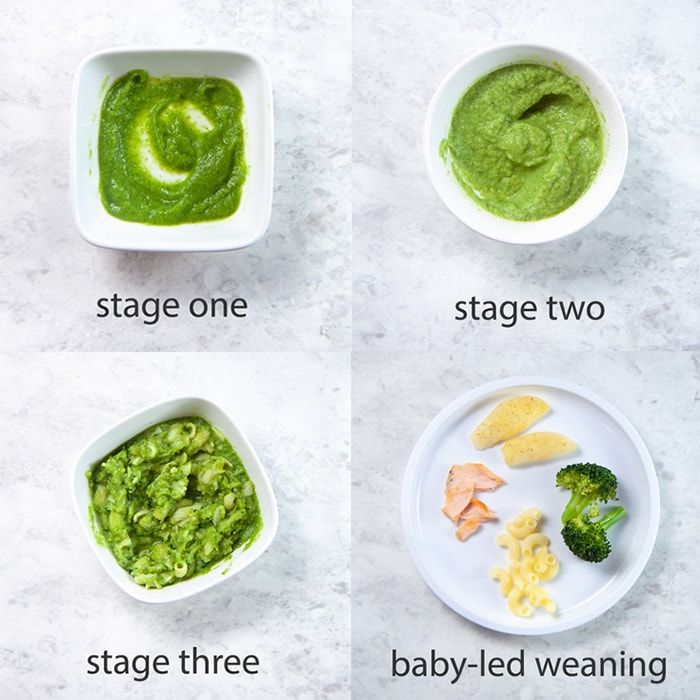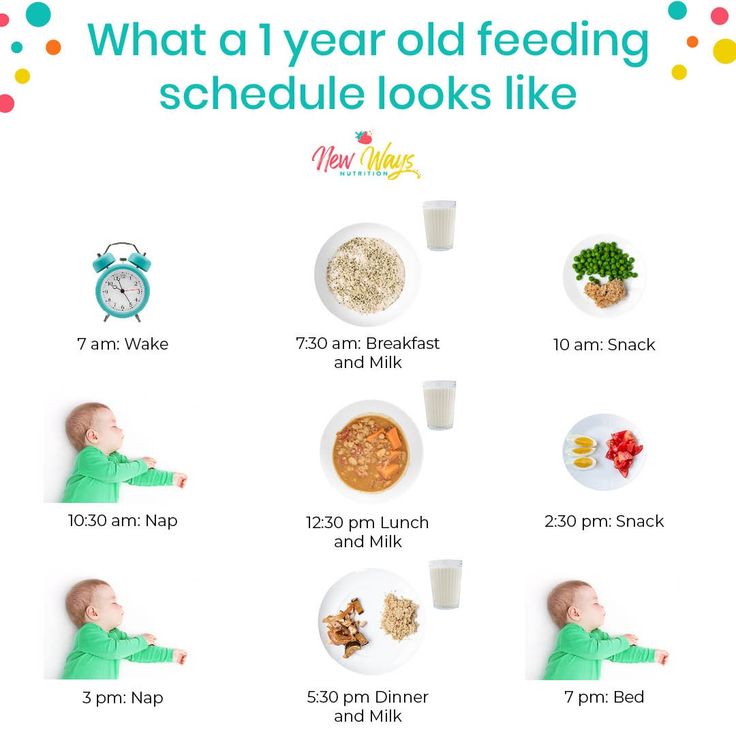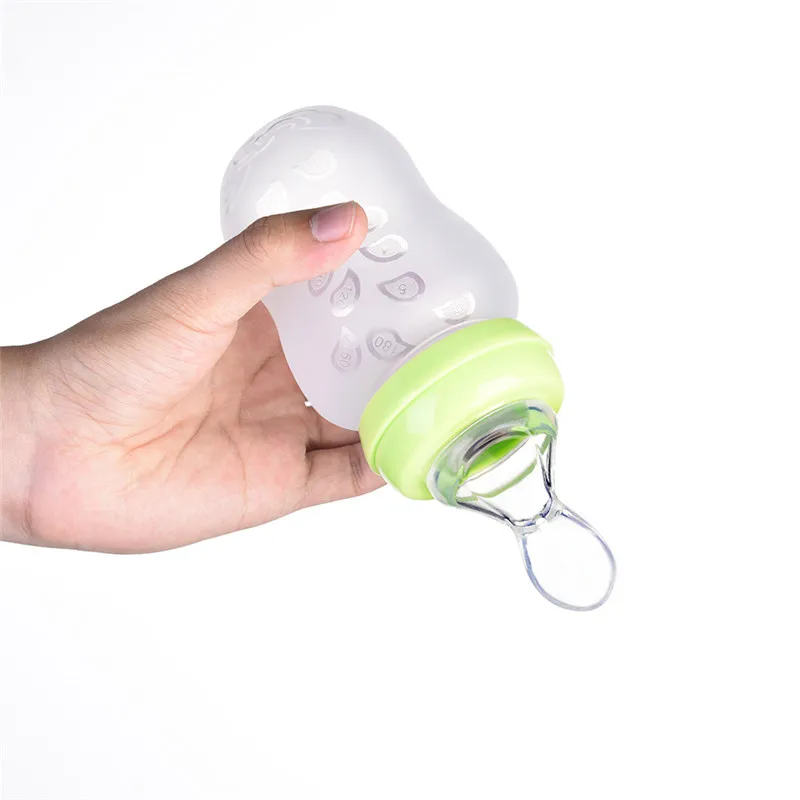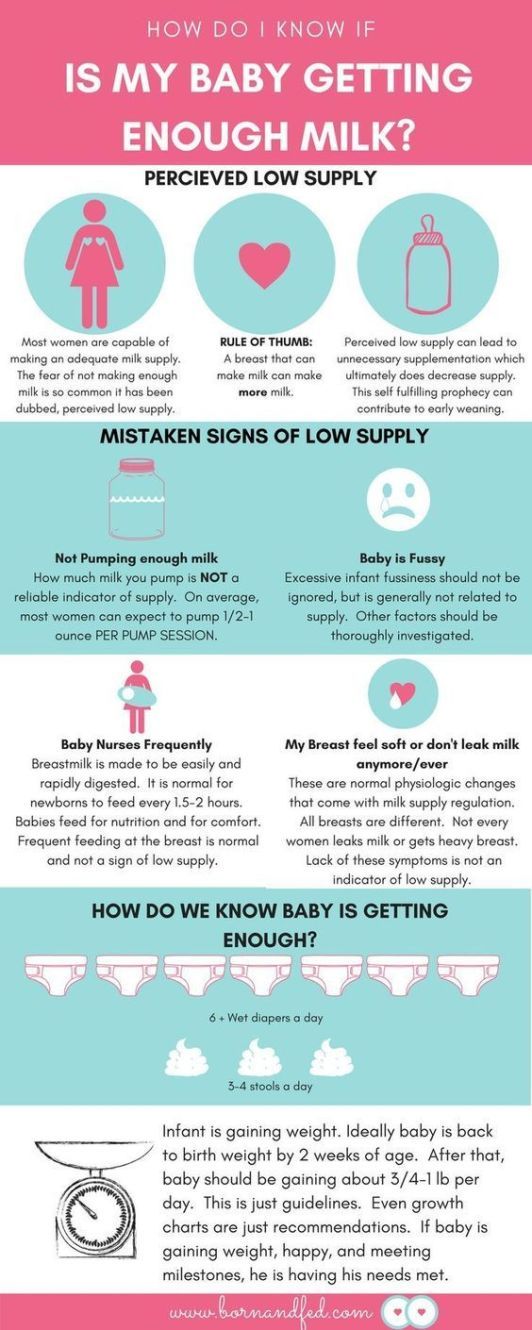Baby awake after night feeding
Baby wide awake at night? Split nights 101
Photo: iStock/Image Source
It’s 2 a.m. and my six-month-old daughter is wide awake. She isn’t crying, and she isn’t hungry—she's perfectly happy to be hanging out, as long as I don’t leave her alone. But we are on hour two of this wide-awake, ready-to-party mode, and it’s the middle of the night. No matter how much I shush, pat, hum or feed her, her little eyeballs are peeled open. It’s not until we pass the two-hour mark that she begins to yawn and rub her eyes, and I know she’ll finally go back to sleep.
Like usual, she’d gone down easily at the beginning of the night. It’s become a pattern for us: After our standard evening bedtime routine and sleep training, I settled into the couch for some kid-free time to relax and re-watch Downton Abbey. But a few hours after I put myself to bed, my daughter inevitably wakes up. She’s happy as can be and ready to play, inspecting the lamb sewn on her sleep sack, even laughing as the cat walks by her crib.
After some time speaking with sleep consultants, I now know there’s a term for this particular baby sleep phenomenon: split nights. And for many people, this is what's keeping baby awake at night.
What are split nights?Split nights, segmented sleep, bifurcated sleep—no matter what you call it, it’s frustrating and exhausting to put your baby to bed, only to have them wake in the wee hours of the morning and stay awake for an hour or more.
Sometimes a baby simply has an off night—we all do! Maybe it’s digestive discomfort, constipation or a growth spurt. Perhaps they’re working on a new skill. Underlying issues can cause nighttime wakings for up to two weeks. But if this has been going on for more than two weeks, and it’s happening at least five nights a week, sleep experts agree that it’s probably a split nights issue.
What causes split nights?Two biological aspects drive sleep: circadian rhythm (our natural tendency to sleep when it’s dark, spurred by the release of melatonin hormones) and sleep pressure (which builds while we are awake).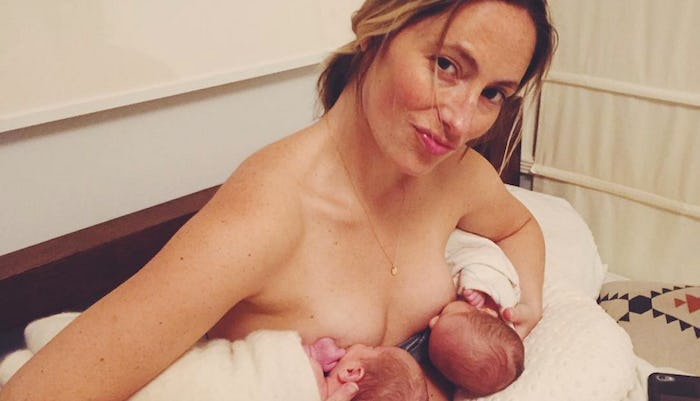 Normally, pressure builds during the day, your baby goes off to dreamland, and when the pressure subsides, circadian rhythm and melatonin take over. A split night results when these two drivers stop working in sync.
Normally, pressure builds during the day, your baby goes off to dreamland, and when the pressure subsides, circadian rhythm and melatonin take over. A split night results when these two drivers stop working in sync.
Most often, split nights have to do with daytime sleep—meaning, how much your baby is napping during the day.
“We hear about these sleep totals, say 14 hours in 24 hours, so parents tend to focus on long naps,” says Lauren Heffernan, a Toronto-based certified pediatric sleep specialist with Isla Grace Sleep. But this can actually result in too much daytime sleep. If you have five hours total of naps during the day, she explains, then you’re basically deducting those five hours off their nighttime sleep. With only nine hours of sleep left, they’re waking up partway through the night feeling refreshed, and it takes time for their sleep pressure to build again.
Another big reason for a split night is a too-early bedtime. On a bad nap day, you might move bedtime up to be earlier, sure. Doing this once in a while is great—but when it becomes a pattern, it too can result in split nights, since your baby is spending more time in bed than they need, explains Amanda Jewson, a sleep consultant in Stratford, Ontario with Baby’s Best Sleep. “Every child has a total amount of sleep in them, and we have to aim for prime sleep pressure all the time. It becomes a mathematical equation.”
Doing this once in a while is great—but when it becomes a pattern, it too can result in split nights, since your baby is spending more time in bed than they need, explains Amanda Jewson, a sleep consultant in Stratford, Ontario with Baby’s Best Sleep. “Every child has a total amount of sleep in them, and we have to aim for prime sleep pressure all the time. It becomes a mathematical equation.”
You need to adjust daytime sleep totals and your baby’s bedtime. The Canadian Paediatric Society recommends 12 to 16 hours of sleep in a 24-hour period for babies four to 12 months and 11 to 14 hours of total sleep for toddlers. In the case of split nights caused by too much daytime sleep, you’ll have to shorten each nap slightly by waking your baby before they’d normally rouse and extending or stretching the time before the next nap. Even a seemingly short nap of 30 to 45 minutes can be very restful, says Heffernan.
Of course, each baby is different and you may need to experiment with nap lengths and fiddle with your wake windows a few times before you find a schedule that allows your baby to build up sufficient pressure to stay asleep all night. This may also be achieved by dropping a nap altogether (depending on how old your baby is).
If you’ve been doing a fairly early bedtime, play with the nap schedule to transition to a consistently later bedtime. However, Jewson warns, you need to “avoid over-tiredness and under-tiredness, because both are just as deadly.” You don’t want your baby to be so tired that they’re fussy, but they still need enough awake time in their day to prevent those middle-of-the-night crib parties.
How common are split nights?“I see it at all ages,” says Jewson—not just young infants. Before four months, newborn sleep split nights are totally normal. But from five months right through to toddlerhood, split nights are a possibility.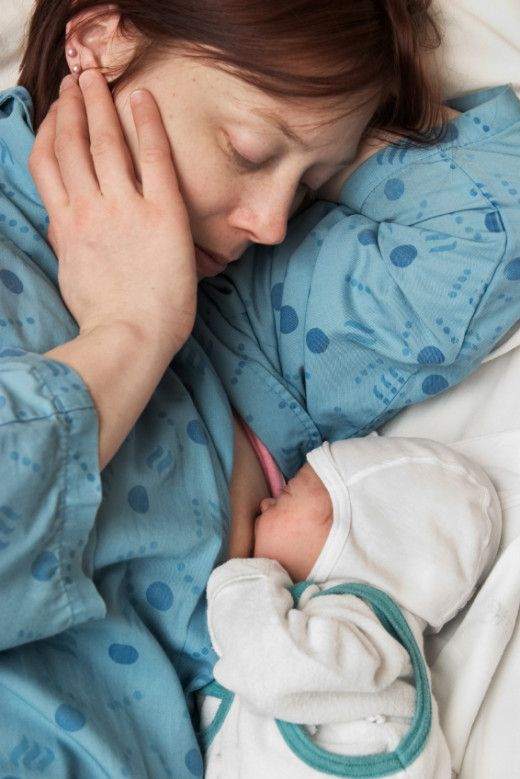 “Even two-year-olds can experience 20 to 30 minutes of wakefulness and need support to get back to sleep,” says Heffernan of differing sleep cycles.
“Even two-year-olds can experience 20 to 30 minutes of wakefulness and need support to get back to sleep,” says Heffernan of differing sleep cycles.
If your little one is an independent sleeper, they may stay awake happily on their own in their crib or kids mattress, while sleep pressure builds up. “Definitely check in on them, but if they’re happy and safe, it’s OK to let them hang out in their crib,” says Jewson. Other babies (like my daughter) get distraught if left alone.
If they’re upset, create a connection point to help calm them, such as a soothing song or a long hug. If this is happening a few nights a week for only a week or two, it’s OK to just wait it out. Eventually, solid night sleep will find a way.
For some kids, nighttime is just too much separation. You can try to make their environment smell like you by placing a piece of your clothing near their crib or dabbing breast milk on their skin.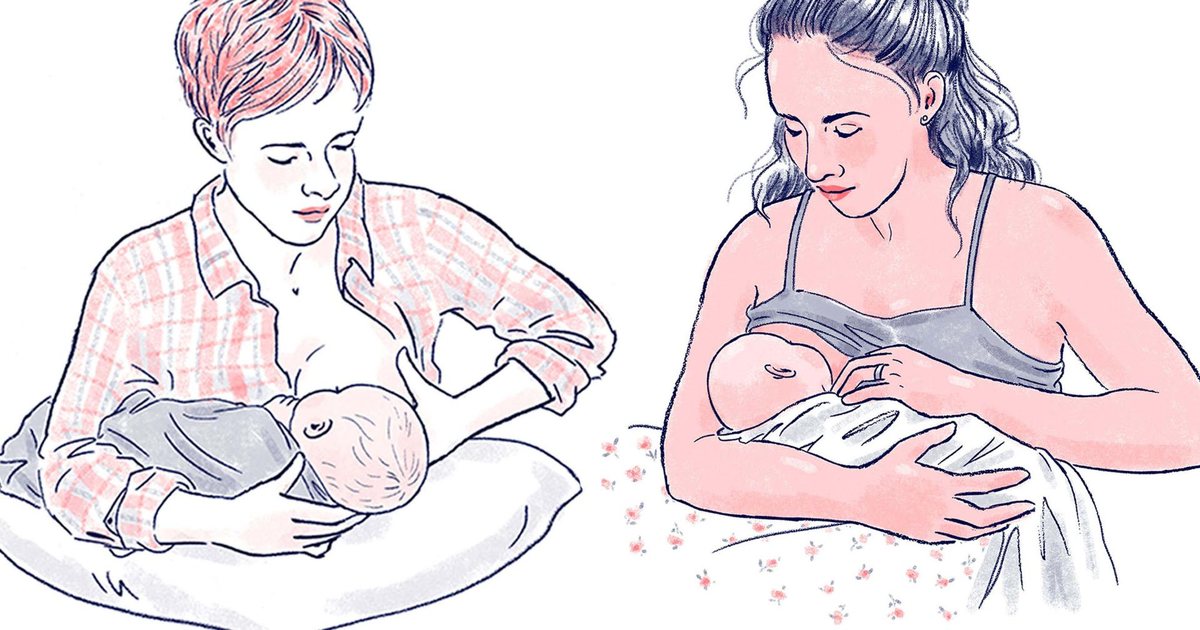 Heffernan recommends making sure you and your baby have plenty of one-on-one time in the evening, if possible.
Heffernan recommends making sure you and your baby have plenty of one-on-one time in the evening, if possible.
“Sometimes, you’re running around the house all day, they feel disconnected, and they see nighttime as a way to connect—this is especially true for toddlers,” she says.
Older toddlers may do well with an OK-to-wake toddler alarm clock that signals when it's time to stay in bed and when it's time to move around. These help regulate sleep patterns and offer positive cues to little ones even before they can tell time.
Can anything else cause night wakings?Always address underlying issues as well. But sometimes a feed or a middle-of-the-night diaper change can actually wake your baby up even more, extending the split night. Of course, if they truly need a new diaper or are hungry, that’s a different story. But you should consider all options to help them fall asleep and stay asleep more than 1-3 hours at a clip.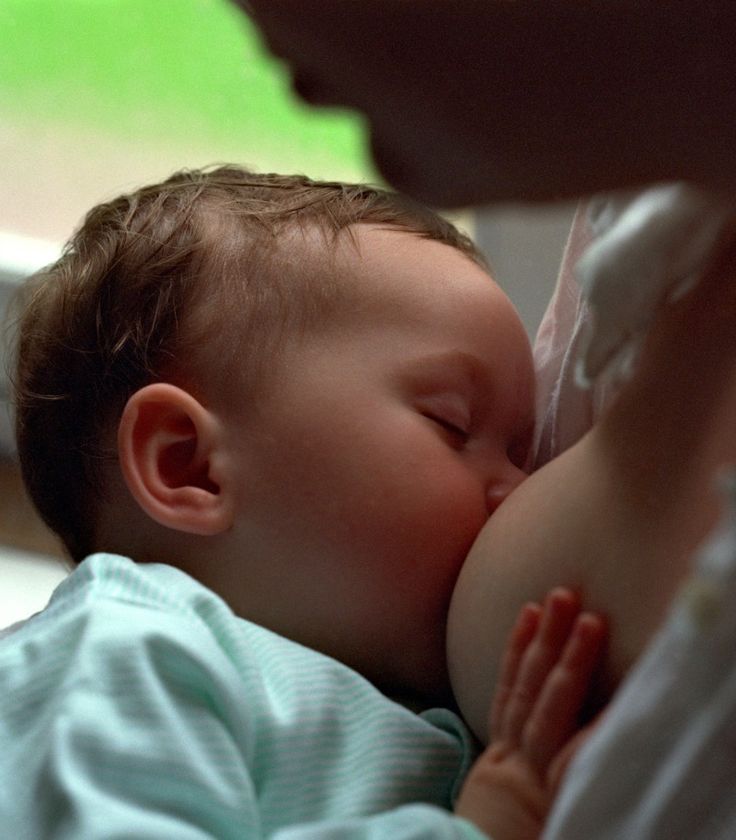
Is your baby gassy from a new food? Are they getting enough milk? Are they experiencing reflux? Are they getting enough activity? This last one is a common cause for extended night wakings.
“During sleep, their brain is processing so much information, so if they wake, they might want to practice new skills, like rolling, sitting up or even chatting,” explains Jewson. Give your baby plenty of floor and tummy time to practice physical skills freely during the day. “A lot of the time, your baby is in a container—a Bumbo, a high chair, an Exersaucer—and the crib is the only open space they have to practice rolling, crawling, sitting and pulling up,” Heffernan adds.
Playing with nap times, wake windows and achieving a later (but consistent) bedtime should do the trick. If it doesn’t, Jewson recommends contacting your family healthcare provider to rule out physiological issues, such as sleep apnea.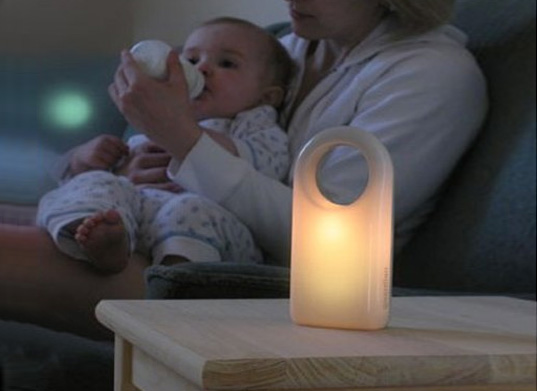 If you feel like you’ve done everything, calling a sleep consultant might be a good idea—doing the math with all these schedule adjustments can break your brain, especially if you’ve been up half the night.
If you feel like you’ve done everything, calling a sleep consultant might be a good idea—doing the math with all these schedule adjustments can break your brain, especially if you’ve been up half the night.
How to deal with split nights
- Set up a healthy sleep environment for your baby. This includes a crib, bed or co-sleeping situation.
- Try a baby sound machine that makes gentle white noise. We like the affordable MyBaby white noise machine.
- Gradually decrease daytime naps or lessen the duration.
- Find soothing cues they can rely on.
Get parenting news, expert advice, info on secret sales, discounts and the best-ever products. Sign up for the Today's Parent newsletter.
This article was originally published on Dec 20, 2021
9 Amazing Baby Sleep Tips for Night Waking
I hope you find these baby sleep tips for night waking helpful! When my son was first born, I had the whole night waking thing all wrong. There I was in the middle of the night with all the lights on, eating some crunchy snack, and watching horrible late night reality TV in the midst of feeding my baby.
There I was in the middle of the night with all the lights on, eating some crunchy snack, and watching horrible late night reality TV in the midst of feeding my baby.
post contains affiliate links
After all that, I would change his diaper and try putting him back to bed. For the life of me, I struggled to understand why he wouldn’t go back to sleep. Didn’t take me long to learn that I was doing the exact opposite of these baby sleep tips for night waking.
If you are looking for some quick and easy ways to help your baby settle to sleep easier after a night feed, try out these tips!
1. Keep it all business.
Keep your night time routine to the basics only. Night time is no time for a party. Getting a brief nighttime routine down works wonders. Ideally, we are talkin’ diaper change, feeding, burb, back to crib.
2. Keep all the lights off.
As a night shift nurse, I was accustomed to working in the dark to avoid waking patients. So as a mom, you think this would’ve clicked before someone had to tell me this tip.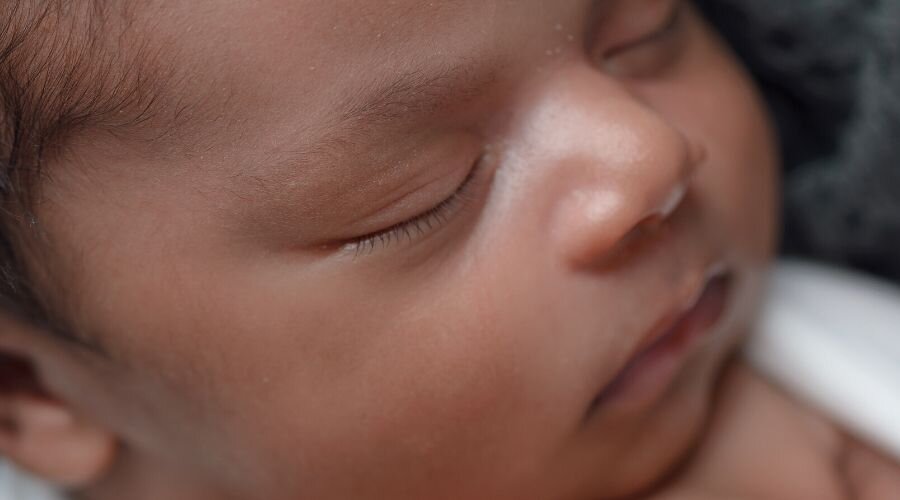 Use only a night light go through your nighttime baby sleep routine.
Use only a night light go through your nighttime baby sleep routine.
If you can use a red night light like this Gummy Bear one, even better! Red light doesn’t emit rays that tell your brain to wake up vs. a blue or white night light.
3. Change the diaper before the feeding.
I’m a huge advocate for laying a baby down awake but drowsy to help him or her learn to fall asleep independently; however, I never worry about this during night wakings. I always nurse / bottle feed my babies back to sleep in the middle of the night.
As soon as you go to your baby, change the diaper…sometimes I even skip it altogether!
If your baby is a newborn sometimes they will poop after a night feeding. In this case, of course, you need to change the diaper after the feeding, but usually after their digestive system settles down after the first month or two, you will be able switch the diaper change before the feeding or simple change the diaper ever other night feeding.
4.
 Avoid eye contact.
Avoid eye contact.I’m serious 🙂 Avoid all eye contact, talking, singing, excessive motion, and anything else you can think of. Basically, avoid as much stimulation as possible with your baby during the night. Again, keep it all business.
5. Hands on chest.
After the feeding and burp, lay your baby down in the crib. If your baby fell asleep during the feeding, that’s great. If your baby is still awake or sleeping lightly, hold your hand on your baby’s chest for a few minutes.
Gentle pressure can offer comfort and reassurance for your baby to settle down a bit. Remember, it can take up to 20 minutes to reach deep sleep. So don’t be afraid to wait a few minutes until you sense your baby is settled. I’m not patient enough to wait 20 minutes, but I would say 5 minutes could do the trick.
6. Early bedtime.
I was totally surprised by how much babies sleep when they are little. I had it totally wrong trying to keep my son awake in order to wear him out.
An overtired baby sleeps less, not more, and an early bedtime can help a baby sleep better during the night.
Don’t hesitate to try a bedtime between 6:30 pm and 7:30 pm to improve a baby’s overall sleepiness throughout the night. For more on finding a sleep schedule that works, check out For the Love of Sleep eBook.
You can also use these baby bedtime routine cards to help your baby settle in the evenings…
7. Use a diaper one size too big.
This is one trick I use from infancy through the toddler years. Whatever size diaper your child wears, use the next size up during the night. You’ll sleep better knowing your baby isn’t sleeping in a wet mess and so will your baby.
8. Start shushing.
Don’t be afraid to shush the baby. My husband is an expert at shushing. He always shushed our babies to sleep. White noise is very calming for babies, especially after hearing it for 9 months in the womb.
Shushing seems overly simple, and I would be totally annoyed if someone did that to me, but babies are different.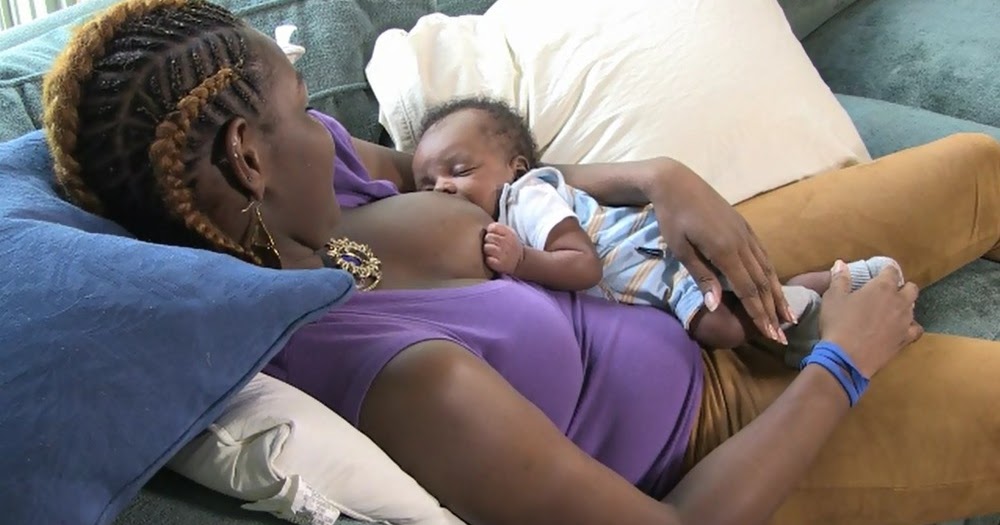 They like it.
They like it.
If you get tired of shushing {waives hand wildly} then you’ll love this baby sleep machine.
9. Follow your instincts.
Always do what you are comfortable with when it comes to your child and a sleep plan. If you end up doing something that you feel uncomfortable with, it will likely lead to inconsistency and guilty feelings. Ultimately, neither of those things will lead to better sleep in the long run.
Print your free baby sleep checklist!
This post comes with a free printable baby sleep checklist to help you support longer stretches of sleep for your baby! Plus, when you grab this printable, you’ll get instant access to my free 3-day baby sleep eCourse.
Download Your Free Printable
- Download the checklist. You’ll get the printable straight to your inbox, plus get my Free 3-Day Baby Sleep eCourse!
- Print. Any paper will do the trick, but card stock would be ideal.

- Place it on your refrigerator. Use it as a quick reference and don’t forget a thing!
Want more on baby sleep?
- My Top 10 Newborn Baby Sleep Tips To Help You Get More Sleep
- The Newborn Routine That Will Help Your Baby Fall Asleep Faster
- Top 7 Challenges + Solutions for Parenting a Newborn and Toddler
- 8 Infant Sleep Facts Every Parent Should Know
Resources for baby sleep:
- Baby Sleep Routine Printable Bundle + For the Love of Sleep eBook
I've created a free email series just for you! If you are struggling with finding a routine, rhythm or schedule, this email series will help you find one that will work for YOUR family. Yes, really. I've seen my sample routines work time and time again for parents. I know it can work for you too.
This free email series will help you:
- Free sample routines for your child
- Best morning routine tips and tricks your kids will actually follow
- All-time favorite parenting hacks for getting more cooperation at bedtime
- Step-by-step guide for using a printable daily schedule with kids
Click here to sign up!
Are you new to this community? Start here, friend.
Why the baby wakes up at night: 10 main reasons
Many parents do not get enough sleep because their child constantly wakes up at night crying. In fact, the child always has a reason for sudden awakenings at night. Screaming and crying for a newborn is the only way to communicate that he does not like something. And there are many reasons why a child often wakes up at night. I will outline the most common of them.
The child wakes up at night from hunger or thirst
Often a newborn wakes up at night for feedings, but with age, such feedings become less and less. By 12 months, there may be one nightly feeding, and if there are more, then this is a reason to think that the child does not wake up for feeding, but simply because he associates food with falling asleep.
Baby is uncomfortable
A baby can suddenly wake up if he has a wet diaper, tight clothes, uncomfortable posture or tags chafing his skin - there can be quite a few reasons for discomfort. To calm the baby, it is important for parents to analyze the conditions in which their child sleeps and eliminate the cause that prevents the baby from sleeping well.
To calm the baby, it is important for parents to analyze the conditions in which their child sleeps and eliminate the cause that prevents the baby from sleeping well.
Failure to comply with the conditions for the child's sleep
Heat or cold in the room, dry air, light from a night light are just some of the causes of a child's poor sleep. In my experience, some moms ignore getting a humidifier. Babies have very thin membranes of the nasal mucosa, and if the air in the room is dry, then the mucous membrane dries up quickly, and it becomes uncomfortable for the baby to sleep - it is simply difficult for him to breathe. This causes the baby to wake up and cry.
Child sleep regression
Sleep regression is defined as the deterioration of sleep quality due to various external factors. Such a violation depends on the individual characteristics of the child and is associated, as a rule, with a jump in the development of motor skills (the child has learned to sit, stand, crawl, etc. ) and psycho-emotional states.
) and psycho-emotional states.
Sleep regression simply needs to be experienced: during active wakefulness, the child needs to develop new skills to the maximum, and then the structure of sleep will change. There are many regressions in the life of children, and we cannot do anything about them: regression is a sign that the child is developing normally, we should be positive about this.
sleep associations
All people wake up in the middle of the night between sleep cycles - we are so arranged: the brain gives us a signal to wake up to check that everything is in the same place. This is one of the ancient functions that man needed for survival. It’s just that adults don’t remember how they wake up, and children who have sleep associations like breasts, rocking, hissing, patting, or pacifiers cannot fall asleep until they are provided with this association. That is why associations for falling asleep can bring down a child’s nighttime sleep and complicate the process of putting the baby to bed if the conditions have changed (there is no way to breastfeed or the baby has become too heavy to rock him in her arms).
Excitement interferes with sleep
Stress in a child, short or no sleep during the day, long periods of wakefulness contribute to night awakenings of the baby. In children under three years of age, the processes of overexcitation prevail over the processes of calming down - in principle, they cannot calm down themselves. If the baby is overexcited and unable to sleep, it is the parents who can help him relax: create a routine for going to bed and provide a calm environment for several hours before bedtime.
Lack of fatigue and long naps
There are sleep guidelines for children that are desirable to follow.
- Newborns sleep 16-19 hours a day, the total time of daytime sleep is 1-2 hours every hour.
- Children 1-2 months old sleep 15-17 hours a day, total nap time is 6-7 hours.
- Children 3 months old sleep 15-16 hours a day, total nap time is 5-6 hours.
- Babies 4 months old sleep 14-16 hours a day, total nap time 4-5 hours.

- Children 5-6 months sleep 14-15 hours a day, the total time of daytime sleep is 3-4 hours.
- Children 7-8 months old sleep 13-15 hours a day, the total time of daytime sleep is 3-4 hours.
- Children 9-12 months old sleep 13-14 hours a day, total nap time is 2-3 hours.
- Children 12-18 months sleep 13 hours a day, total nap time 2-3 hours.
- Children over 18 months sleep 12.5-13 hours per night, total daytime sleep 1.5-2 hours
- Children aged 2+ 12-13 hours a day, total nap time 1-2 hours.
- Children from 3 years sleep 12 hours a day, the total time of daytime sleep is 1-2 hours.
If a child sleeps a lot during the day, then, of course, he may wake up at night and not want to fall asleep.
Child's night terrors
This is one of the reasons for the awakening of a child after a year. Analyze how the day goes and what might be causing the fear. Often this is due to the TV always on – not only from cartoons, but also when the TV is running in the background. A child who is accompanied by this emotional background all day may experience night terrors or nightmares.
Often this is due to the TV always on – not only from cartoons, but also when the TV is running in the background. A child who is accompanied by this emotional background all day may experience night terrors or nightmares.
Psychological problems
High sensitivity of the child, fear of separation from the mother, when the separation crisis begins at the age of seven months. To cope with this problem, it is necessary to give the child as much contact as possible during the day - hug him, kiss him, tickle him and convince him that his mother loves him, she is there and will not go anywhere. There are times when a mother tries to quietly leave the child, leaving him with another adult (grandmother, nanny or dad). This can cause stress for the child, the next time he may not want to let his mother go or wake up at night in tears.
Physiological causes
Infantile colic, teething, vitamin D deficiency in the child, enuresis, itching from atopic dermatitis and other problems can cause sleep problems in the child, so they require a visit to the pediatrician. When the cause is known, the child will be prescribed treatment, and the task of the parents is to follow the recommendations of the specialist and provide the baby with maximum comfort.
When the cause is known, the child will be prescribed treatment, and the task of the parents is to follow the recommendations of the specialist and provide the baby with maximum comfort.
During the night awakenings of the child, all the actions of adults should be aimed at helping the baby fall asleep again as soon as possible. When a child wakes up at night, adults do not need to turn on the light, bring the baby to the window, give him toys or read books. It is better not to entertain him, otherwise the next time he will wake up again for another portion of fun. It is important for the child to convey that everything is fine, it is night and everyone is sleeping. Waking up at night should be as boring as possible, and in the morning it is important to analyze what could cause a child’s poor sleep.
When using any materials from the site nutriclub.ru, a link to the site is required.
© Nutriclub, 2020
You will also be interested
Nighttime breastfeeding | How to wean a baby from night feeding?
Why Night Feeding Is Necessary
Babies eat very differently from adults and their gastrointestinal tract is still immature and cannot digest large amounts of food.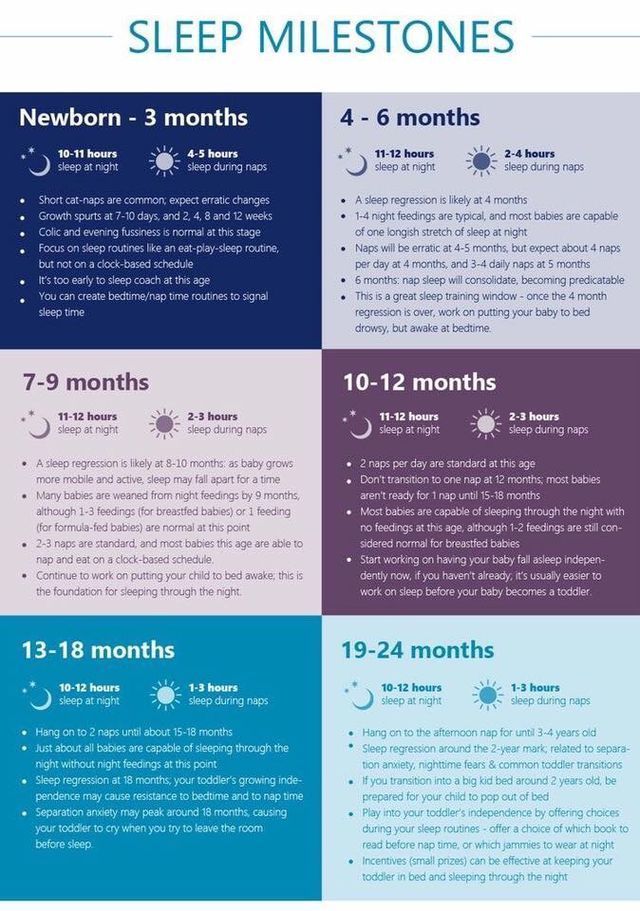 Therefore, they need to eat small portions, but regularly, including at night.
Therefore, they need to eat small portions, but regularly, including at night.
In the first 6 months of life, the infant wakes up several times a night to eat. Further, the number of "snacks" is gradually reduced, but normally they can last up to 1.5-2 years.
Not so long ago, pediatricians were still talking about the importance of maintaining a six-hour night interval. Now these recommendations are a thing of the past, and experts advise focusing on the needs of the baby. Night feedings are very important for the full growth and development of the baby.
At the same time, if a child gains weight well and prefers to sleep at night, waking up only once to eat, this is also the norm, it is not worth waking him up on purpose.
When do nighttime breastfeedings end?
There is no clear answer to this question, since each baby is individual. Someone will refuse after a year, and someone will ask for breasts at 1.5 years, and this is also normal.
According to pediatricians, 2-3 feedings during the night can be maintained until breastfeeding is completed. However, after all, every child and every mother is individual, so each family decides for itself when to complete night feedings.
However, after all, every child and every mother is individual, so each family decides for itself when to complete night feedings.
WHO recommends exclusive breastfeeding for the first six months of life followed by the introduction of adequate nutritious complementary foods together with continued breastfeeding until the age of two years. Of course, some of these feedings will occur at night, so most infants can wake up for a snack during the first two years, and this is absolutely normal!
Is it worth waking up a baby for a night feed if he is sleeping?
There is no definite answer here. If the baby has a good appetite during the day, he grows and develops in accordance with age norms, then, most likely, he perfectly withstands a long break without food.
If the child is not gaining weight well, or he has difficulty with prolonged sucking, then he is likely to eat smaller portions, but more often, including at night.
Should I panic if the baby does not wake up for nightly feedings
This is one of the most common questions.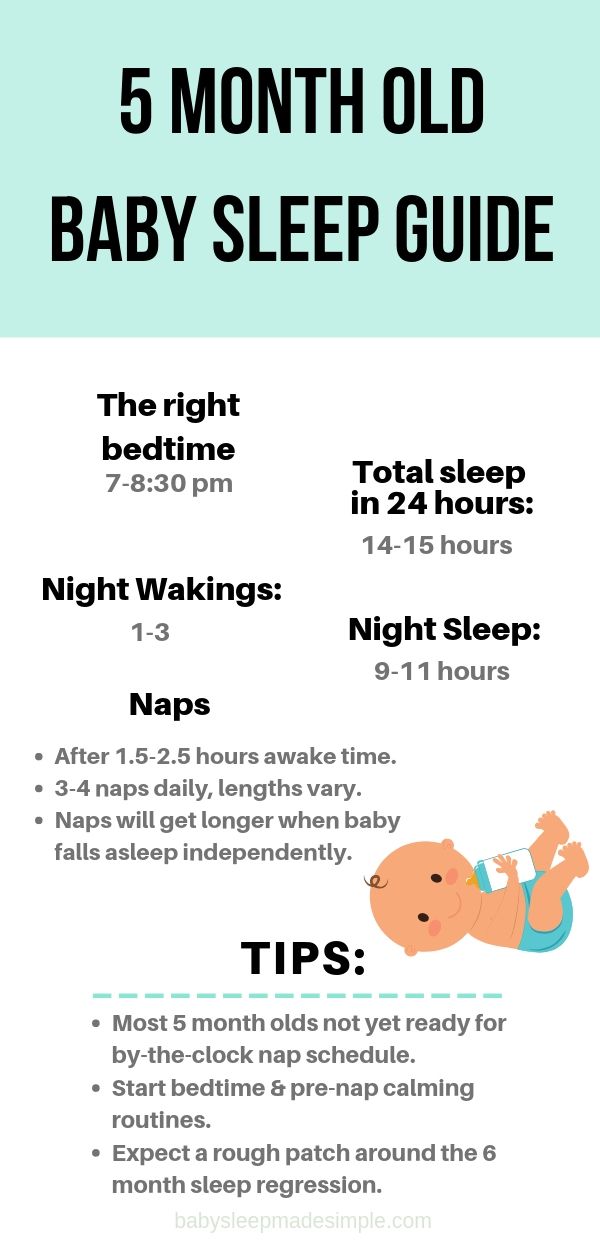 The pediatrician will definitely focus on a particular child and his individual characteristics. It is important to evaluate the weight gain and height of the baby. If everything is in order with them, and they meet age standards, then you should not panic because the child sleeps all night.
The pediatrician will definitely focus on a particular child and his individual characteristics. It is important to evaluate the weight gain and height of the baby. If everything is in order with them, and they meet age standards, then you should not panic because the child sleeps all night.
Until what age should a baby be fed at night
Nighttime feeding of a baby is the absolute norm, but when does a baby stop eating at night? The question is actually very controversial.
It would seem that with the introduction of complementary foods, the baby no longer needs night feeding so much and it is possible to wean the child from night feeding. However, often as a result, this child may be even more drawn to the mother and breast. This is because this process calms him down and helps him sleep comfortably.
It should be borne in mind that the norm of the frequency of night feedings is individual for each individual. So, for example, a newly born baby will eat several times a night, and at the age of one year he will start waking up to eat no more than once and not every night.
Thus, a newborn gets 3-4 meals a night, babies have a maximum of 1 feeding by the year, or they stop eating at night altogether.
What mistakes do parents make when reducing the number of night feedings
Refusing night feedings after a year, parents can make a number of common mistakes: substances. Water gives a feeling of fullness in the stomach, but does not save you from hunger. The hungry child will soon wake up again.
 It is important to remember that this is not the best way.
It is important to remember that this is not the best way. How to avoid night feedings
“How to stop night feedings?” - one of the questions at the appointment with a specialist.
The simplest answer is to wait until the baby refuses. The latter happens gradually: his daily food ration expands, and he needs less and less nighttime feedings, and over time he refuses to wake up to eat at all.
Night feedings for a baby for a long time are not a whim, but a necessity, this ensures his full growth and development.
Thus, the answers to the questions "When does the child stop eating at night?" and “How to remove night feedings?” very individual! Monitor your baby and follow the pediatrician's recommendations. Let this process go smoothly and stress-free!
References
- 2.


